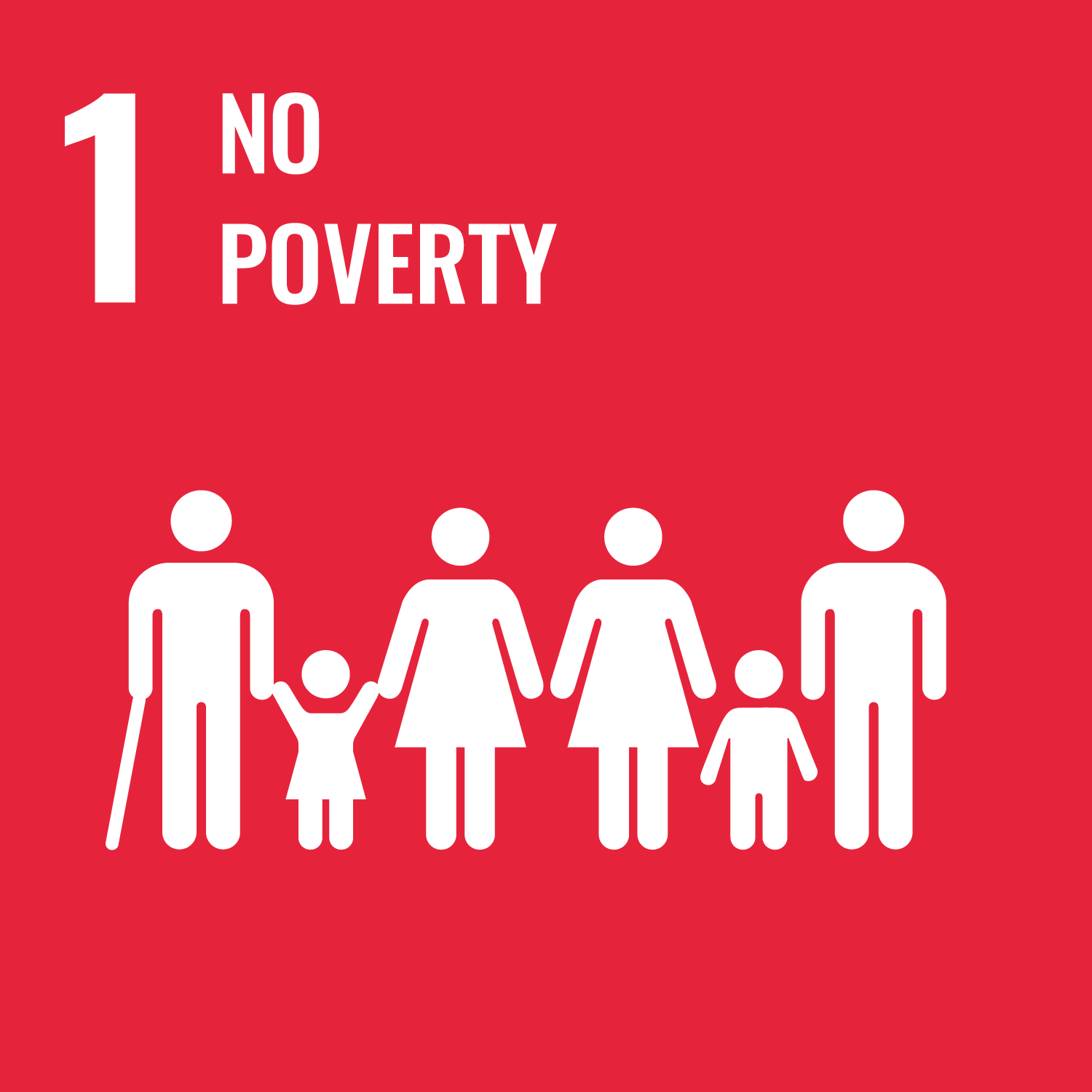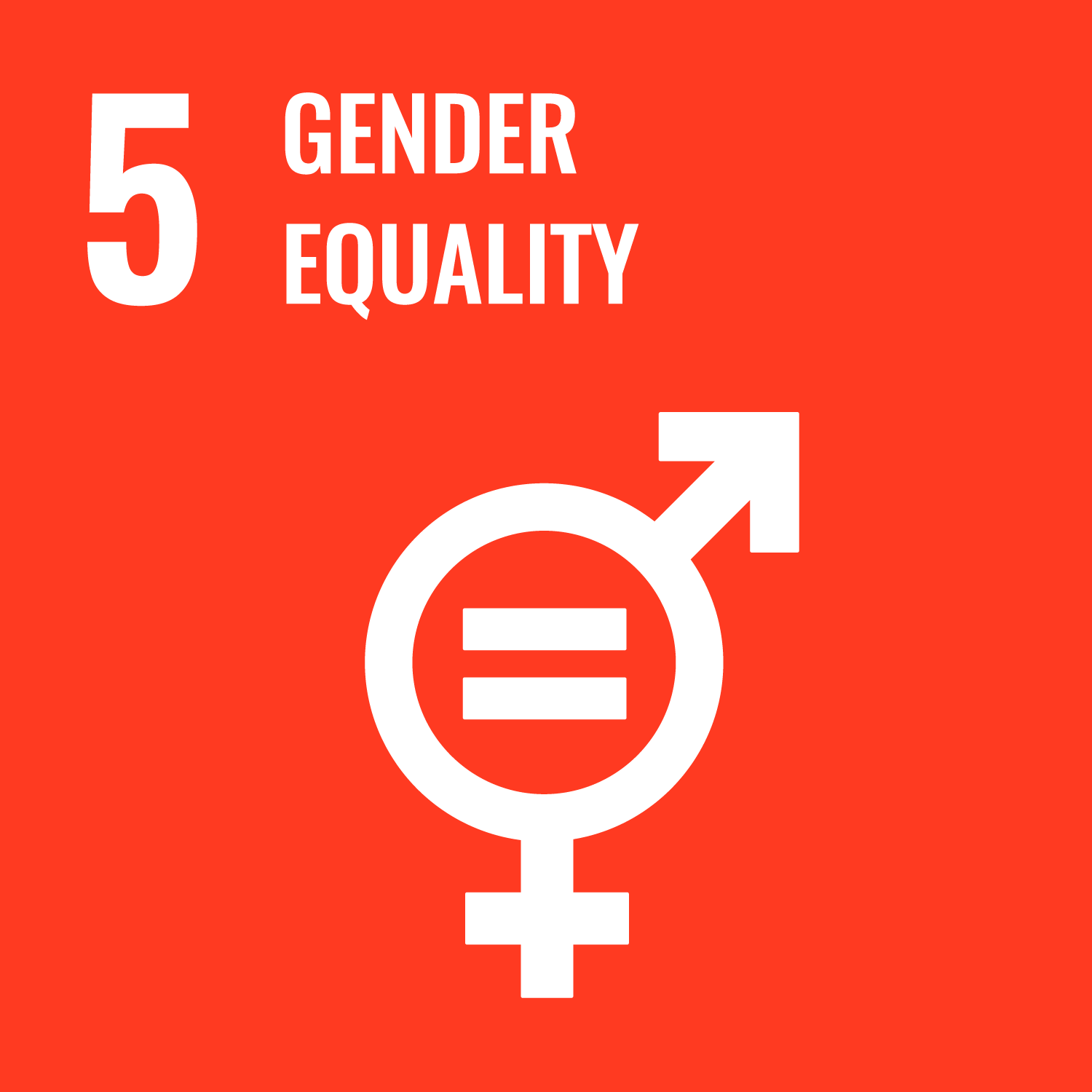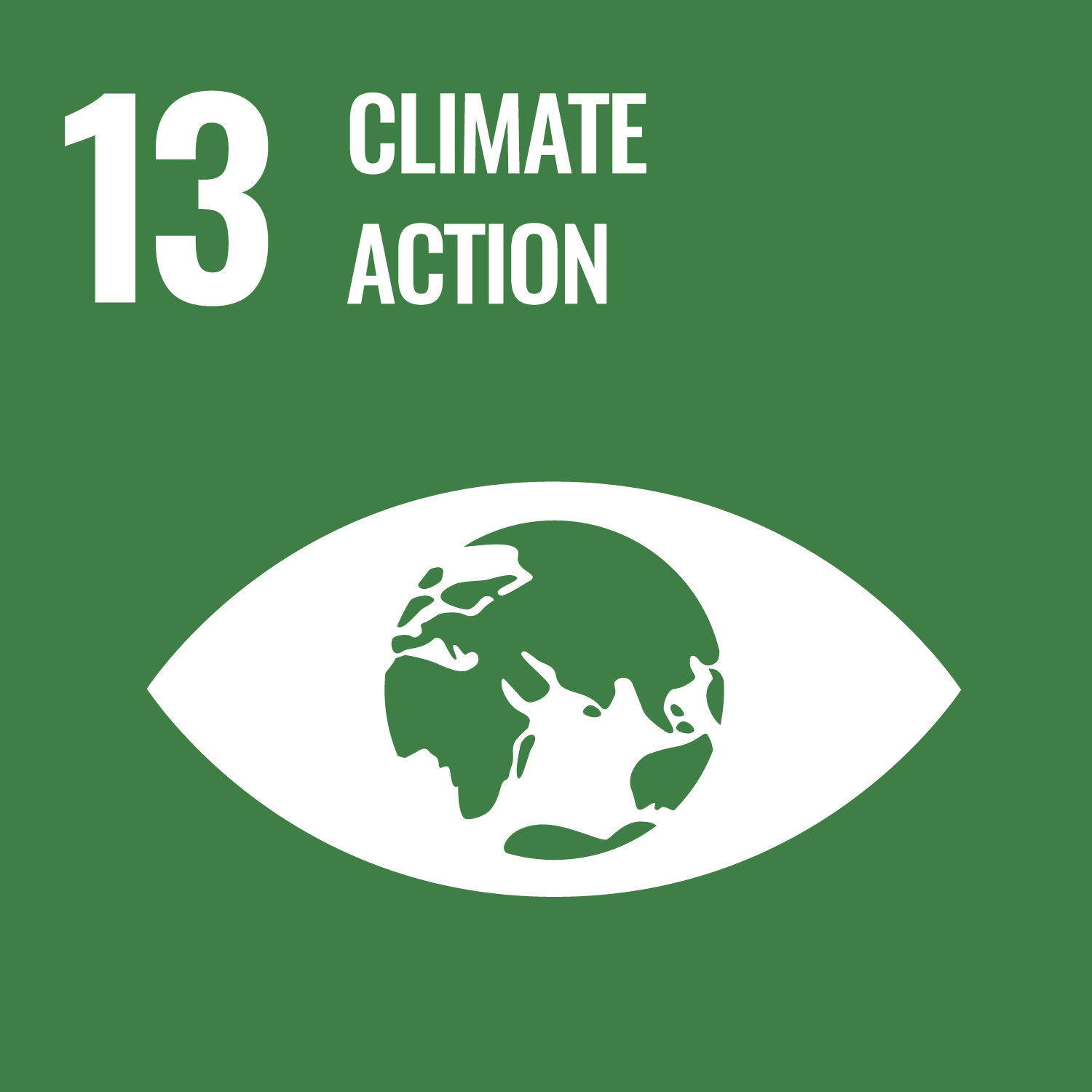Rwanda Poverty Graduation and Climate Resilience Outcomes Project
Aligned SDGs



- Rwanda Poverty Graduation and Climate Resilience Outcomes Project
- General overview
- Intervention
- Target population
- Location
- Outcome metrics
- Last data update
- Spreadsheet of data
- Rwanda Poverty Graduation and Climate Resilience Outcomes Project
- General overview
- Intervention
- Target population
- Location
- Outcome metrics
- Last data update
- Spreadsheet of data
General overview
Stage of development: Scoping
Policy sectors: Social protection
Type of instrument: Impact Bond
Delivery locations: Rwanda
Country classification: Low-income
Expected launch date: Q2 - 2023
Intervention
Social or environmental challenge
In Rwanda over 6 million people are living in extreme poverty and climate change deepens inequalities as more frequent storms, flooding, drought, and changes in rainfall patterns are impacting the poorest communities the most, making it even more difficult to secure decent livelihoods. The government of Rwanda has adopted a Graduation Policy to eliminate poverty by 2030, but in the context of global funding constraints and varying returns to graduation programming across countries, there is more we must learn about how to most cost effectively graduate households to resilience in the Rwandan context. This outcomes project will incorporate a rigorous, rapid-cycle learning agenda from the onset of the project, and by tying payment to results will provide the flexibility and incentive to iterate, learn, and scale successfully.
Description of the intervention
Village Enterprise’s approach to economic inclusion centers around or cost-effective, one-year ‘Poverty Graduation’ model. We use rigorous targeting to identify rural households living in extreme poverty, provide training around savings, loans, and microenterprise development, establish ‘Business Savings Groups’ of thirty individuals, provide seed capital grants to start group businesses, and support through mentoring.
Target population
Rural extreme poor households earning less than $1.90/day
Location
Country:
- Rwanda
Locality:
- Rwanda
Outcome metrics
- Effective targeting of people living in extreme poverty; Increased entry into and sustenance in quality (self)-employment ; Increased climate adaptive behaviors and outcomes (ex., reliable drinking water supply for target group during dry spells); Increased financial stability and quality of life for families
Last data update
Data for this pipeline project was last updated in April 2022.
You might have noticed that some pipeline projects have more data than others. This is because organisations can share as much data as they want with the INDIGO initiative. If you have more data on one of these pipeline projects and would like to share with us, please get in touch at indigo@bsg.ox.ac.uk. Our full list of variables and data definitions can be found here.
Spreadsheet of data
Important Notice and Disclaimer on INDIGO Data
INDIGO data are shared for research and policy analysis purposes. INDIGO data can be used to support a range of insights, for example, to understand the social outcomes that projects aim to improve, the network of organisations across projects, trends, scales, timelines and summary information. The collaborative system by which we collect, process, and share data is designed to advance data-sharing norms, harmonise data definitions and improve data use. These data are NOT shared for auditing, investment, or legal purposes. Please independently verify any data that you might use in decision making. We provide no guarantees or assurances as to the quality of these data. Data may be inaccurate, incomplete, inconsistent, and/or not current for various reasons: INDIGO is a collaborative and iterative initiative that mostly relies on projects all over the world volunteering to share their data. We have a system for processing information and try to attribute data to named sources, but we do not audit, cross-check, or verify all information provided to us. It takes time and resources to share data, which may not have been included in a project’s budget. Many of the projects are ongoing and timely updates may not be available. Different people may have different interpretations of data items and definitions. Even when data are high quality, interpretation or generalisation to different contexts may not be possible and/or requires additional information and/or expertise. Help us improve our data quality: email us at indigo@bsg.ox.ac.uk if you have data on new projects, changes or performance updates on current projects, clarifications or corrections on our data, and/or confidentiality or sensitivity notices. Please also give input via the INDIGO Data Definitions Improvement Tool and INDIGO Feedback Questionnaire.